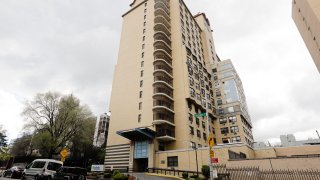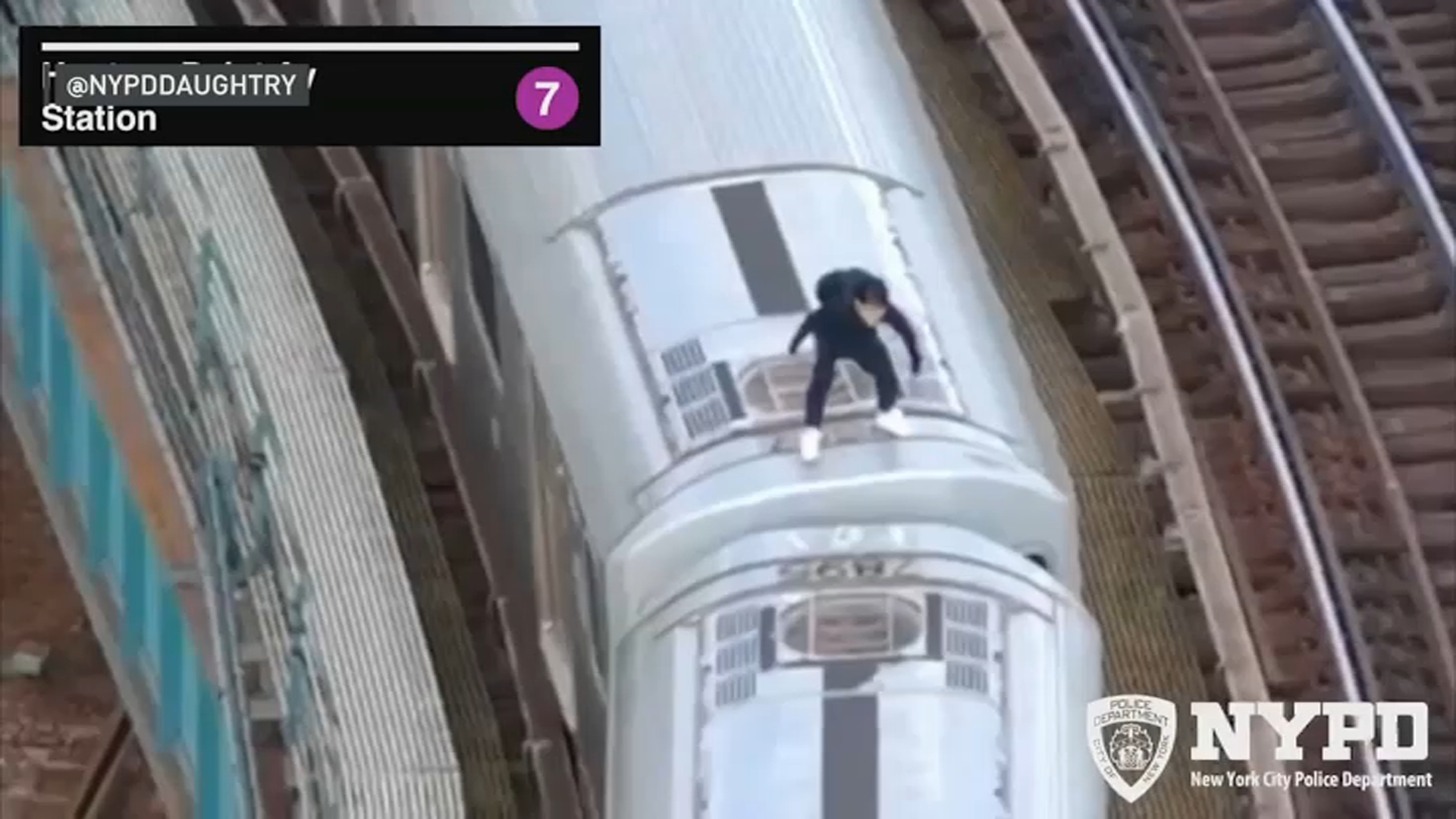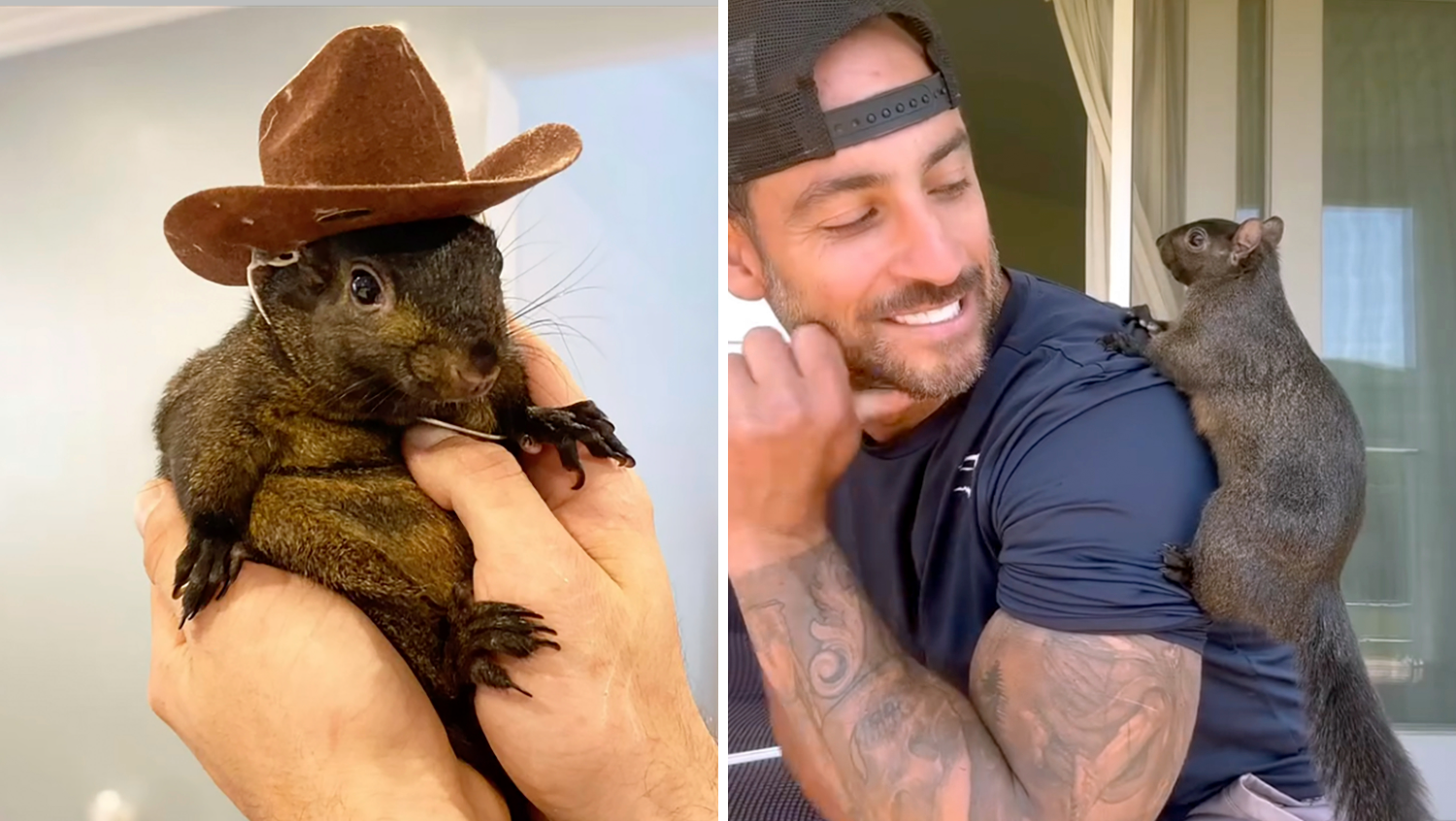
A New York City nursing home on Friday reported the deaths of 98 residents believed to have had the coronavirus — a staggering death toll that shocked public officials.
“It’s absolutely horrifying,” Mayor Bill de Blasio said. “It’s inestimable loss, and it’s just impossible to imagine so many people lost in one place.”
It is hard to say whether the spate of deaths at the Isabella Geriatric Center, in Manhattan, is the worst nursing home outbreak yet in the U.S., because even within the city facilities have chosen to report fatalities in different ways. A state tally of nursing home deaths released Friday listed only 13 at the home.
But officials at the 705-bed center confirmed that through Wednesday 46 residents who tested positive for COVID-19 had died as well as an additional 52 people “suspected” to have the virus. Some died at the nursing home and some died after being treated at hospitals.
The number of bodies became so overwhelming the home ordered a refrigerator truck to store them because funeral homes have been taking days to pick up the deceased.
“Isabella, like all other nursing homes in New York City, initially had limited access to widespread and consistent in-house testing to quickly diagnose our residents and staff,” Audrey Waters, a spokeswoman for the nursing home, wrote in an email. “This hampered our ability to identify those who were infected and asymptomatic, despite our efforts to swiftly separate anyone who presented symptoms.”
Get Tri-state area news delivered to your inbox. Sign up for NBC New York's News Headlines newsletter.
Isabella also encountered staffing shortages, prompting it to hire from outside agencies and early challenges securing personal protective equipment for employees. Waters said the home finally is “getting more access to testing” now.
Local
The nursing home's death toll was first reportedby local cable news station NY1.
Nursing homes have been known since the earliest days of the outbreak as a trouble spot. They have been particularly hard hit in New York, which has had at least 3,065 nursing home deaths — by far the most in the nation — as of Thursday, according to an Associated Press count.
The state Department of Health said it has received “outbreak reports” from 239 nursing homes, including at least six facilities with death tolls of 40 patients or more.
“The one thing we now know about the nursing homes is the status quo cannot continue to say the least,” de Blasio said. "Something very different has to happen.”
City officials are "trying to provide help in every way we can,” the mayor added, saying the city had delivered thousands of respirator masks to the Washington Heights facility.
U.S. Rep. Adriano Espaillat, a New York Democrat, accused Isabella of keeping the public and elected officials in the dark about the outbreak. He sent a letter Friday to Gov. Andrew Cuomo and New York Attorney General Letitia James urging them to investigate the “information sharing practices” of New York nursing homes.
“People deserve to know what's happening,” Espaillat said in an interview with AP.
Isabella Geriatric Center said it “could not speculate” as to why a state survey previously listed only 13 COVID-19 deaths at its facility. It sent a lengthy statement to AP on Friday insisting it “truthfully and accurately reported” its death toll to state officials.
State officials said they are building an updated data set intended to offer a more detailed window into nursing home deaths. Cuomo referred to a “vagueness” in some reporting of suspected COVID-19 cases but warned nursing homes not to misrepresent their death tolls.
“They submit these numbers under penalty of perjury,” Cuomo told reporters. “They can be prosecuted criminally for fraud on any of these reporting numbers.”
Isabella said it kept family members in the loop about changes in their loved ones' conditions despite the circumstances.
“When we believe their loved one is nearing death, we do reach out to a resident’s primary contact and ask if they would like to say goodbye in person or via phone or an app,” Waters said. “In-person goodbye visits were never interrupted and continue to happen.”
__
Associated Press writer Marina Villeneuve and investigative researcher Randy Herschaft contributed to this report.



